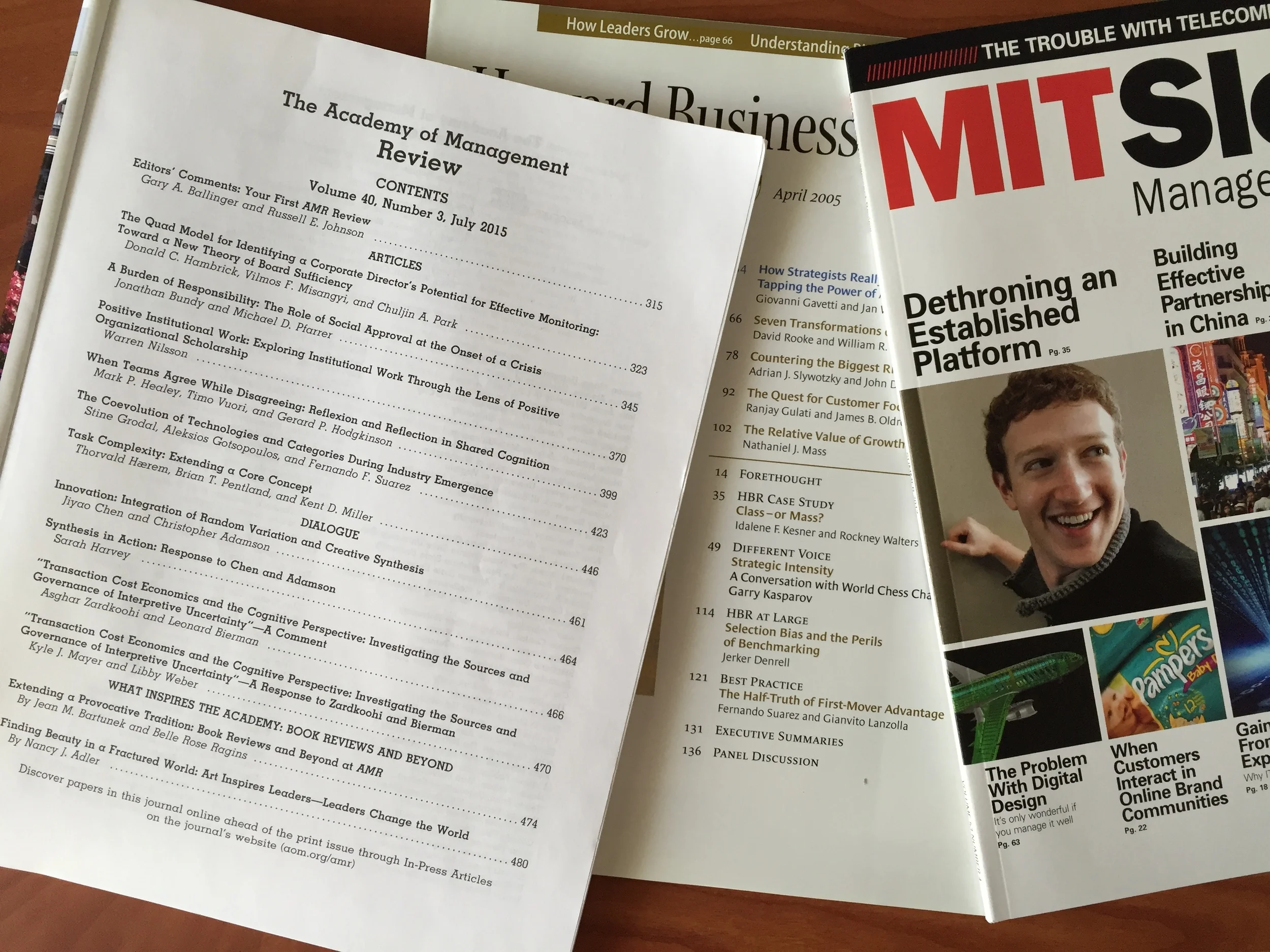“The Role of Services in Platform Markets”
/Chapter in A. Gawer (ed.) Platforms, Markets and Innovation, Edward Elgar Publishing, 2010, with Michael Cusumano
Numerous factors affect the emergence of a successful platform among competing alternatives. Some of these influences can be very idiosyncratic or platform-specific, although most studies agree on the critical role of the following four factors: (a) adequate pricing strategies to generate momentum behind a platform – e.g. subsidizing one ‘side’ of the platform as console makers do in the videogames industry (Eisenmann, 2005); (b) having a large set of complementary products that increase the value of a particular platform – for example, a wider array of games for a given console (Gawer and Cusumano, 2002); (c) the strength of ‘network effects’ that often tilt the balance in favor of platforms that can build their installed base faster than competitors – e.g. the reason why platforms such as VHS as well as MS-DOS and then Windows and Office have been so successful (Katz and Shapiro, 1988); and (d) technological or design advantages – i.e. the possibility that one platform may achieve a high level of differentiation over competitors, for instance due to technological superiority (Suarez and Utterback, 1995). Most of the research on how platform leaders emerge, however, has neglected another factor: the potential role of services in this process. This chapter attempts to remedy that deficiency in the literature.


